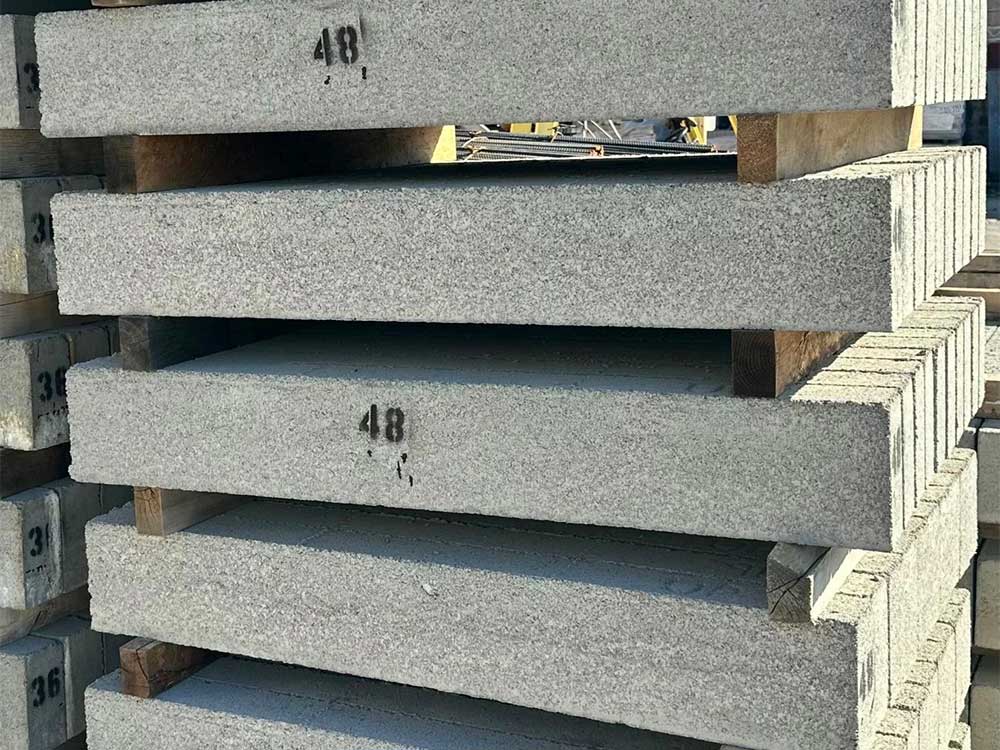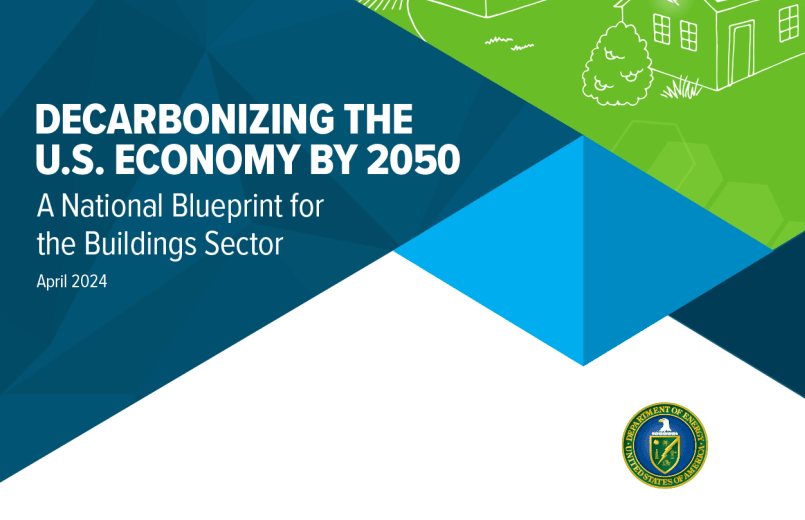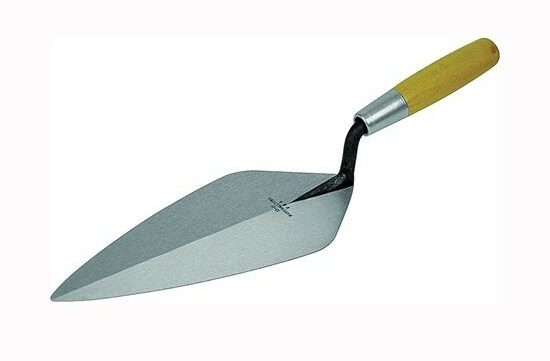From Bricks To Blocks: Understanding Different Masonry Materials
Masonry construction has long been celebrated for its durability and aesthetic flexibility. As experts in the field, we understand that the choice of masonry materials can significantly influence both the structural integrity and visual appeal of a building. In this guide, we’ll delve into various types of masonry accessories and materials, from age-old bricks to modern blocks, helping you understand their properties, uses, and how to select the right material for your construction projects.
Traditional Brick Masonry
Bricks, a fundamental element in construction for millennia, are commonly crafted from clay or shale. These materials are molded and then subjected to high temperatures in a kiln to ensure their durability for building purposes. Offering both robust strength and effective thermal insulation, traditional bricks also add a unique aesthetic appeal that is widely cherished. Available in various colors, shapes, and sizes, bricks enable extensive customization for numerous construction projects.
Their consistency in shape and size makes them perfectly suited for creating detailed patterns and designs in brickwork, thus boosting both the practical and aesthetic qualities of architectural structures. Whether it’s for building sturdy walls or laying attractive pavements, bricks provide a level of versatility and resilience unmatched by many other building materials.
Concrete Blocks: A Modern Alternative
Unlike traditional bricks, concrete blocks represent a more recent innovation in masonry materials. These blocks, larger and composed of cement, sand, and fine aggregates, provide significant structural stability, making them perfect for constructing load-bearing walls.
The efficiency of concrete blocks in construction is notable, as their increased size reduces the number of units required to fill an area. Additionally, these blocks can be fortified with steel reinforcement, further boosting their ability to support heavy loads.
Stone Masonry: Natural and Durable
Stone masonry is one of the oldest construction techniques that continues to be popular due to its durability and natural beauty. Stones, either quarried or fieldstones, are cut and shaped according to the requirements of the project.
This type of masonry is well-suited for exterior load-bearing structures because it withstands weathering and aging better than most other materials. However, stone is generally more expensive and requires more skilled craftsmanship to construct, which can increase overall project costs.
Innovative Composite Materials
The development of composite materials has introduced new possibilities in masonry construction. These materials, which combine elements like recycled glass, plastic, and traditional concrete, are designed to offer specific properties such as enhanced insulation, reduced weight, or increased fire resistance.
Composite masonry units are an excellent choice for environmentally conscious projects, as many are made from recycled materials and offer improved energy efficiency
Understanding the different types of masonry materials allows us to guide our clients through their options more effectively, ensuring that they choose the right material based on their project’s specific needs. Each material offers unique benefits, and the choice often depends on factors such as the project’s environmental conditions, aesthetic goals, and budget constraints. With our knowledge and expertise, we help make the selection process straightforward and ensure that the chosen masonry material contributes positively to the longevity and success of the project.

SalesmanChristian Murphy
Latest News
4 Features That Makes Masonry Supply Company Stand Out
A masonry supply company plays a crucial role in the success of construction projects, providing essential materials and expertise to […]

Choosing The Right Size Lintel For Your Project
Determining the correct size of a lintel is critical for the stability and longevity of your construction project. A lintel […]

Data Misses on Embodied Carbon
There is significant urgency to avoid, reduce, or even reverse the emissions of greenhouse gases (CO2e) to avoid the worst […]

4 Masonry Tools You Should Have At Home
Effective and efficient masonry work, whether for repairs or new projects, requires the right tools. At home, having a basic […]
